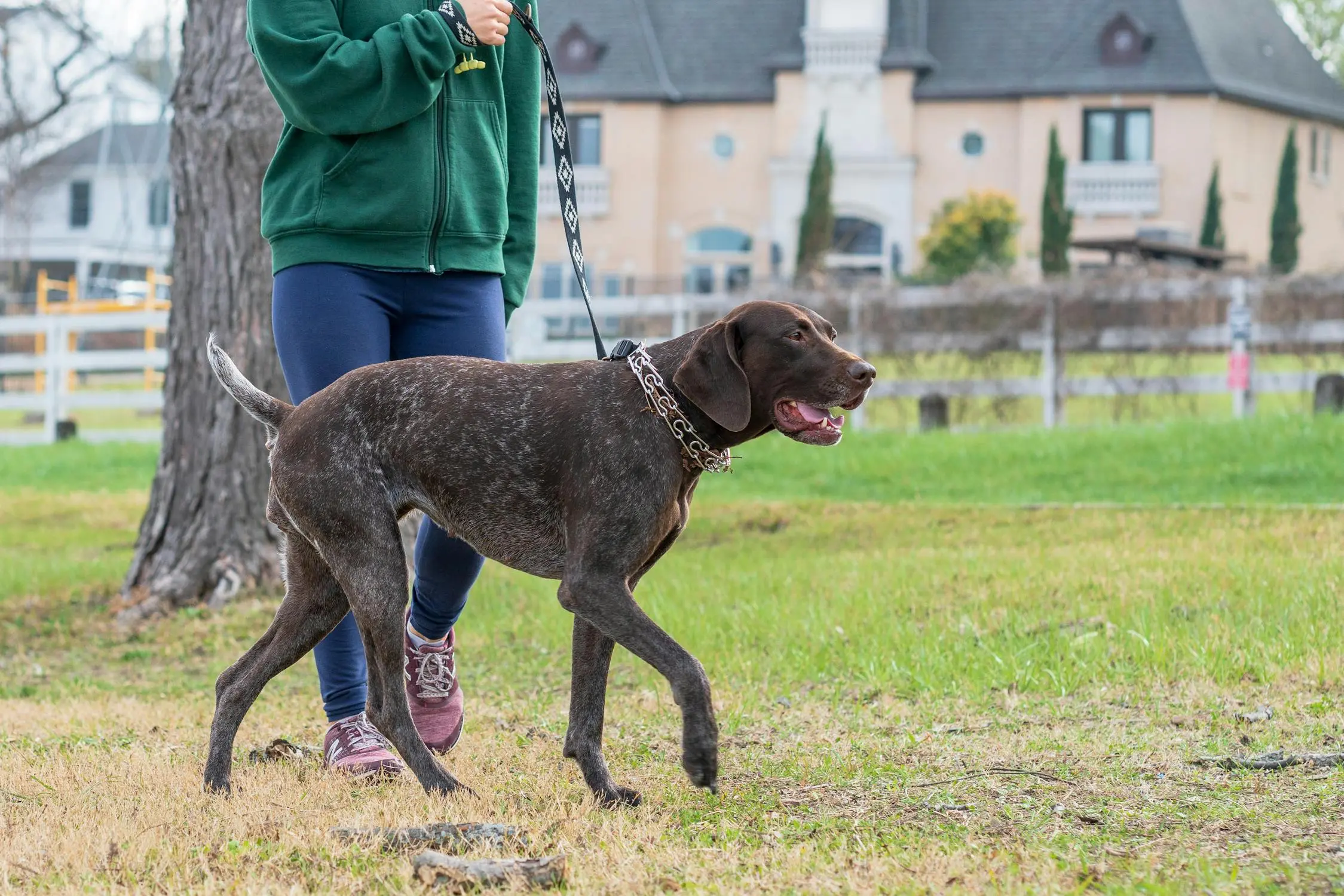Your cart is currently empty!
Dog Behavior
-

Sound reactivity, Aggression and paw preference
Updated Jan 27, 2025 Do you know what paw preference your dog has, if any? Some studies suggest (1) that female dogs might be more right-pawed on average, while males tend to be left-pawed, and some studies suggest preference might be flexible depending on the circumstances. (2) However in one study, dogs without a significant paw…
-

Can Your Dog’s Tail Wag Reveal Their Emotions? Discover the Science Behind Tail-Wagging.
The Science of Tail Wagging: Emotional Responses and Brain Lateralization in Dogs Understanding animal behavior gives deep insights into their emotions and brain processes. Two important studies show how dogs’ tail-wagging reflects their emotions and influences other dogs. Asymmetric Tail-Wagging Responses to Different Emotive Stimuli (2007) In 2007, Quaranta, Siniscalchi, and Vallortigara examined dogs’ tail-wagging…
-

Two Essential Aspects Overlooked in Tackling Dog Aggression
In the intricate realm of addressing canine aggression, two fundamental aspects often evade the spotlight, yet serve as the bedrock for effective intervention. While strategies like desensitization and counter-conditioning rightfully garner attention, their efficacy hinges on mastering these foundational elements. Embarking on a journey to understand and address aggression in dogs necessitates a keen appreciation…
-

Why Reactivity is Often a Warning Sign for Aggressive Behavior in Dogs
If you are learning about dog aggression, you could be forgiven for thinking reactivity is the same as aggression. It seems like the terms are often interchanged. However, there are differences: reactivity in dogs refers to an overreaction to a stimulus, such as another dog, a person, noise or even touch. On the other hand,…
-

Why is my dog acting like that?
In many cases we intuitively understand why our dog acts the way they do. They’re hungry, and stranger has come to the door, they want attention, they want outside and so on. But in the case of behavior problems, particularly behavior that doesn’t feel comfortable to us, it may be a little more tricky. Dogs…
-

Do I need help for my dog?
Aggressive behavior in dogs occurs on a continuum. It can range from being completely normal and appropriate for the situation to abnormal and inappropriate. A problem can evolve slowly over time or it can seem to appear suddenly and without warning. It may occur with other behavior issues such as anxiety, or it may be…
-

Does Gut Bacteria Play A Role In Dog Aggression?
Studies have found that disruptions in the gut microbiome, such as an imbalance in the ratio of beneficial to harmful bacteria, can lead to various health problems, including behavioral issues in dogs. In particular, some research has suggested that alterations in the gut microbiome may contribute to aggression in dogs. One possible explanation is that…
-

Are Dogs More Judgemental Than We Think?
Research suggests that dogs are capable of making judgements based on our behavior. Is this something we can adapt for our shy, reactive or aggressive dogs or do they even have the same ability? Dogs Judge Unhelpful People Third-party social evolutions of humans by monkey’s and dogs it suggests that dogs actually negatively evaluate unhelpful people.…
-
![Why Dog Bites Happen More Often During Holidays [Infographic]](https://k9aggression.com/wp-content/uploads/2016/12/concerned-dog-christmas.webp)
Why Dog Bites Happen More Often During Holidays [Infographic]
Dog bites are a very common occurrence during the holidays. One key reason is that everyone—including your dog—is stressed. Here are just some of the things you want to consider for the holidays. Stress is a precursor to aggression We all experience stress from time to time. A certain amount of stress (called Eustress) is…
-

5 TREATMENT METHODS TO AVOID IN DOG TRAINING
Unfortunately there are still many trainers using aversive methods to train dogs. Adverse methods are focused on the end behavior and ignore the emotional state of the dog. Not only is it unnecessary, the emotional state of the dog should always come first. But when it comes to trying to deal with or treat aggression…
